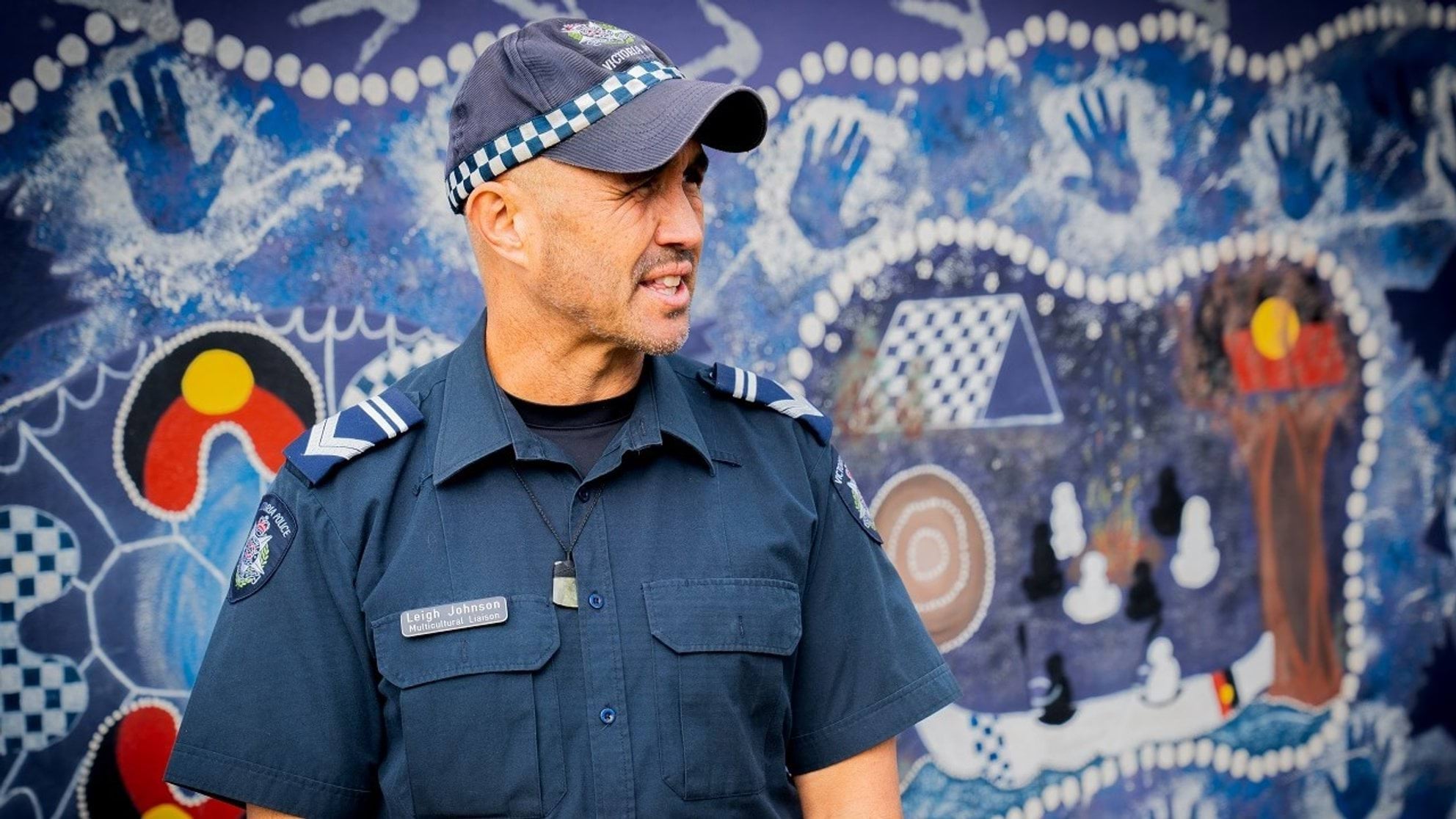Having ups and downs is a normal part of life. We all feel low sometimes, in response to events in our workplace, relationships, or just everyday life. Sometimes you can even feel sad when there is no clear reason. But if feelings of sadness last longer than two weeks, are overwhelming, or are impacting on your daily activities, you may be experiencing symptoms of depression.
Research from a collaboration between Black Dog Institute and the University of New South Wales (UNSW) found that emergency service workers are twice as likely to experience mental ill-health compared with the general public, due to the range and severity of traumatic events they encounter in their careers.
Depression is the most common mental health condition experienced by Victoria Police employees.
What causes depression?
Depression can be experienced and triggered differently depending on the person. For one person, guilt about being unable to reach a positive outcome for a victim of crime might be at the core of the depression. Or you may feel disillusioned about the trustworthiness of people and the safety of the world after what you have seen on the job.
For some people, depression can express itself as anger towards themselves or others. Depression can also be a result of a big life change, such as becoming a parent, going through a relationship breakup or heading into retirement.
Depression can also have a major impact on relationships when the person with depression withdraws from family activities or loses interest in sex. The feeling that no one ‘gets it’ can make depression symptoms even harder to manage. Alcohol use and risky behaviours to avoid experiencing painful thoughts and feelings perpetuate the sense of feeling stuck.
Some people hold a false belief that depression is linked to weakness.
Under the 'right' circumstances and stressors, anyone can experience depression. It’s brave to talk and seek support early to learn how to manage what’s happening, rather than letting things build up and get worse.
There are multiple factors that have been associated with the development of depression, including:
- significant life events
- long-term life stressors, such as abusive relationships or long-term unemployment
- family history of depression
- biochemical factors (brain chemistry)
- unhelpful thinking styles, such as self-criticism and perfectionism
- physical illness
- ageing
Everyone is different, and just because you may be experiencing one of these factors does not mean you’ll necessarily become depressed. Often clinical depression requires a combination of stressors and individual vulnerabilities for depression to take hold. The most essential thing is that you are aware of early warning signs and take action to get support.
Signs and symptoms of depression
The first step to prevention and recovery is to build your understanding of what depression can look like in yourself and those around you.
Most people experience some of these symptoms at some period in their life. However, if the symptoms are severe, last for two weeks or more and affect how you function at home or at work, you may need to see a health professional. Making an appointment with your GP to talk about what is happening is a good place to start.
If you see behavioural changes in someone close to you, it’s worth asking how they are and how you might be able to help. There are some helpful tips to guide you through this on our How to help someone at risk page.
There is always support available for you
It’s normal for things to feel hopeless when you’re experiencing depression. When your symptoms are severe, your thoughts can become incredibly painful, frightening, and exhausting.
You want the pain to stop, and this is why at times suicide seems like a solution. It's not.
Please remember there are always other options and choices. There are people who can and want to help you manage what’s going on for you and support you through this.
Find help and support here
What can I do?
Beating depression requires planning, movement, and a shift in thinking. You can’t just ‘snap out of it’, but you can take control over your symptoms and recovery.
Treatment options
There are different treatment options that can help you to manage and overcome depression. For example, Cognitive-Behavioural Therapy (CBT) teaches you skills to challenge depression thoughts and find meaning in life.
Your GP can be a good starting point to talk through what you are experiencing, and to rule out physical causes of symptoms. Your GP can assist with a referral to an appropriate health professional.
Current and veteran Victoria Police employees and their immediate family members can also access free, confidential counselling through the Employee Assistance Program (EAP) and The Police Association Victoria.
- Acacia Connection Employee Assistance Program (EAP)
Call: 1300 364 273 - The Police Association Victoria
Call: (03) 9468 2600
Updated


